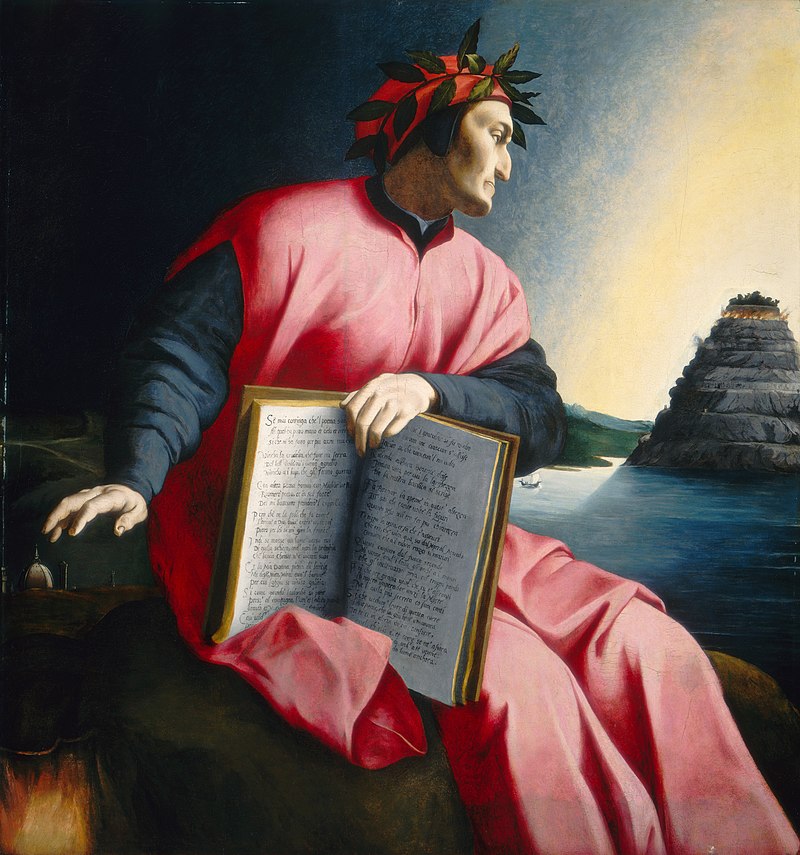8. The Scarlet Letter - This book opens with a clumsily-written, 44-word run-on sentence. It doesn't get any better from there. I mean the opening sentence of A Tale of Two Cities is super long too, but at least it's iconic and people only remember the "It was the best of times, it was the worst of times" part. Nothing memorable here. I honestly think teachers just assign it because it's relatively short. I guess it's supposed to include "symbolism" for children to learn about, but The Scarlett Letter beats a dead horse with its symbolism, finds a magical resurrection potion to bring the horse back to life, and beats it to death again.
7. Great Expectations - Don't get your expectations too high. Sorry Dickens.
6. The Iliad - The Trojan War is a famous story about, among other things, (1) the birth of an almost-invincible demigod and the un-changable prophesies about him; (2) the Judgement of Paris, where a man hosts a beauty pageant with three goddesses and is given the world's most beautiful mortal woman as his prize; and (3) the 10-year war that said beauty pageant sets off, eventually ending with the Greeks sneakily breaking into Troy (through the famed Trojan Horse) and massacring everyone inside. The Iliad is famous for being "the story of the Trojan War." Guess how many of those things that I mentioned happen in The Iliad? None. The Iliad is a boring piece of shit about a couple of weeks during the war when Agamemnon and Achilles were feuding with each other about women who they kidnapped as war prizes and constantly raped. I can see why Brad Pitt wanted to take his movie version in a slightly different direction.
 |
| Go ahead, read all about this for 400 pages |
4. Don Quixote - "Such a classic!" says everybody. "Remember when he fought the windmills?" If you talk to anyone about Don Quixote, they will mention the windmills fight thing to you. Why? Because that happens near the beginning of this 1000+ page novel (technically two novels - with a Part 1 and Part 2). I'm not sure anyone has actually made it all the way to the end. About two chapters after the windmills, most readers will be like, "Oh, I give up. He's stupid and he thinks he's a knight even though that hasn't been a thing for hundreds of years. Hasn't this just been the same joke over and over again every single chapter?" Well, it is the same joke, over and over again. After a while it just feels like we're making fun of a guy with autism. Some readers might skip a few hundred pages forward to see if the joke has changed at all, or if the story has moved on. It won't and it doesn't. Don Quixote would have been an excellent and funny 3,000 word short story. Instead, it's a 400,000+ word mega-book, usually with additional citations and footnotes just as long as the text itself explaining all the obscure references.
 |
| Behold, an asshole who wrote three novels about himself |
2. Atlas Shrugged - Summary: "Poor people are terrible, rich people are good." Hopefully you were never actually assigned to read this book in school. But who knows? Maybe your teacher was just as awful as this book. I think writer John Rogers' analysis is the most succinct: "There are two novels that can change a bookish fourteen-year-old's life: The Lord of the Rings and Atlas Shrugged. One is a childish fantasy that often engenders a lifelong obsession with its unbelievable heroes, leading to an emotionally stunted, socially crippled adulthood, unable to deal with the real world. The other, of course, involves orcs." But then again, John Rogers' actually wrote that quote on blogspot, so you have to take quoting blogspot for what it's worth. If the co-writer of Transformers and Catwoman calls you a bad writer, well, it's over.
 |
| Man's deadliest instrument of suicide - apparently a sled |
No comments:
Post a Comment